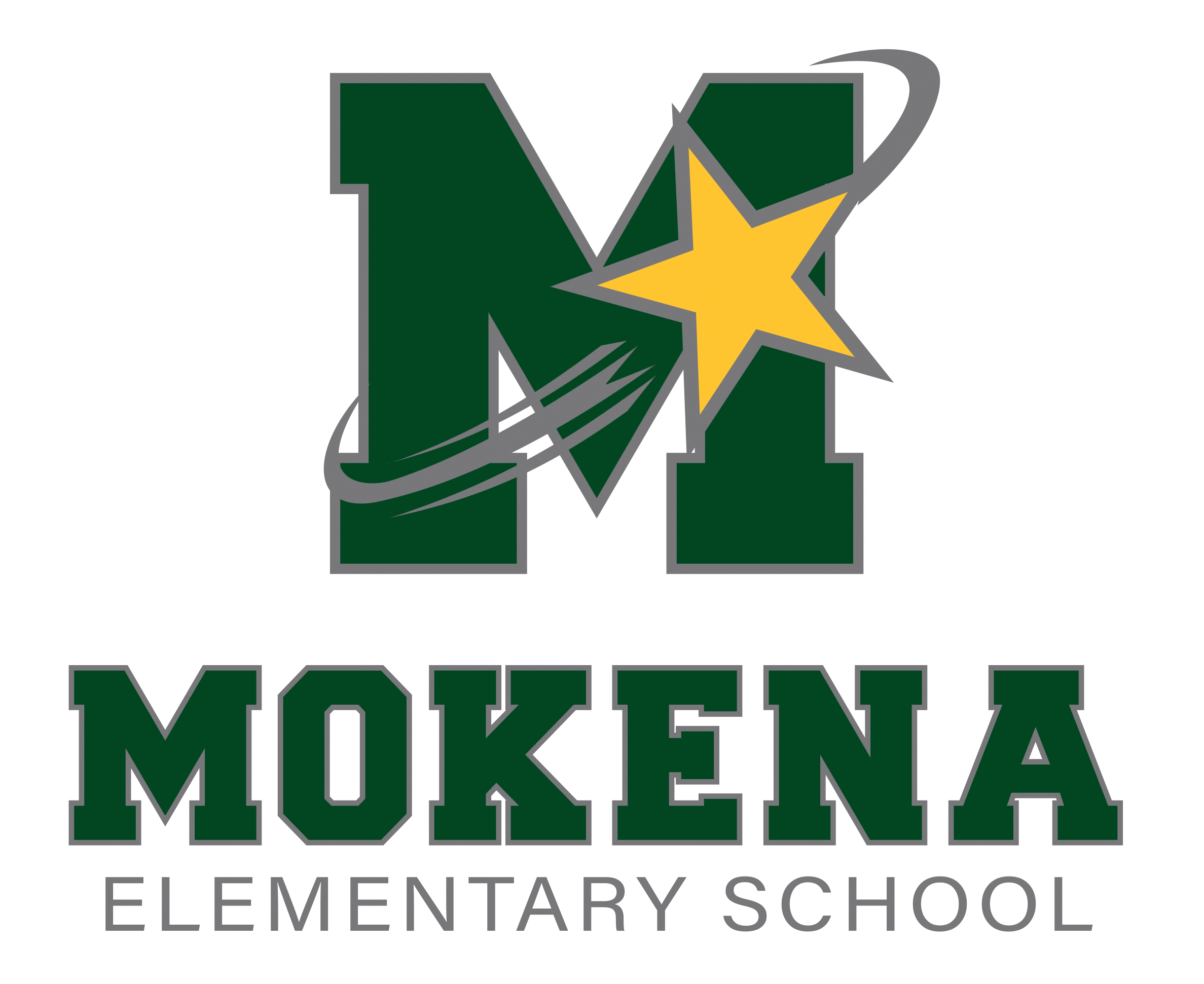Our School
Positive Behavior Interventions and Supports (PBIS)
"Be Respectful. Be Responsible. Be Safe."
"Positive Behavioral Interventions and Supports (PBIS) is an evidence-based three-tiered framework for improving and integrating all of the data, systems, and practices affecting student outcomes every day. It is a way to support everyone – especially students with disabilities – to create the kinds of schools where all students are successful.
PBIS isn’t a curriculum you purchase or something you learn during a one-day professional development training. It is a commitment to addressing student behavior through systems change. When it’s implemented well, students achieve improved social and academic outcomes, schools experience reduced exclusionary discipline practices, and school personnel feels more effective." (Center for PBIS)
PBIS has been a strong foundation for MES since 2017. PBIS focuses on positive behavior supports to increase desired behaviors so students have the tools they need to learn. There are three Tiers for effective implementation of PBIS:
Tier 1 focuses on consistent school-wide expectations, including posted behaviors in every part of the school, from the classroom to the bathroom, to the playground. MES students understand different voice levels and when it's appropriate to use each of them. Voice Level 1 is used in hallways so as not to disturb other classes during instruction. Voice Level 3 is appropriate to use during lunch, and Voice Level 5 is used outside on the playgrounds. The Tier 1 committee gathers data on student engagement and social skills throughout the school day and implements positive supports to minimize undesired behaviors. Examples range from running in the hall between lunch and recess to increasing perseverance in the classroom. The whole school uses a social-emotional learning curriculum, Second Step. Each week a new lesson is taught and reinforced throughout the school day.
Tier 2 narrows the focus to individual student needs. Examples are following teacher directions, using words to communicate their needs, and finishing in-class assignments. These behaviors harm the students' ability to participate in their learning. Desired behaviors are taught and reinforced through interventions such as "Chek-In/Check-Out", and "Social Emotional Intervention Group." The intervention effectiveness is tracked and reviewed to support the students' need or remove the intervention when appropriate. Interventions in Tier 2 are always positive, and not punitive. They focus on increasing the desired replacement behavior.
Tier 3 is an intense intervention. The small trained group conducts a Functional Behavior Analysis (FBA) to learn more about the students' needs. From there, a Behavior Intervention Plan (BIP) may be developed, again focusing on increasing a replacement behavior through systematic teaching and reinforcement so the student can be independent in his/her learning. The group consists of a Psychologist, a Social Worker, and a General Education Teacher.
In all three tiers, the plan to fade the intervention is a part of designing the intervention. The intention of these interventions is to be short in duration, focus on teaching, reinforcing, and ultimately replacing an undesired behavior with the desired behavior that is going to allow a student to be independent in their learning.
